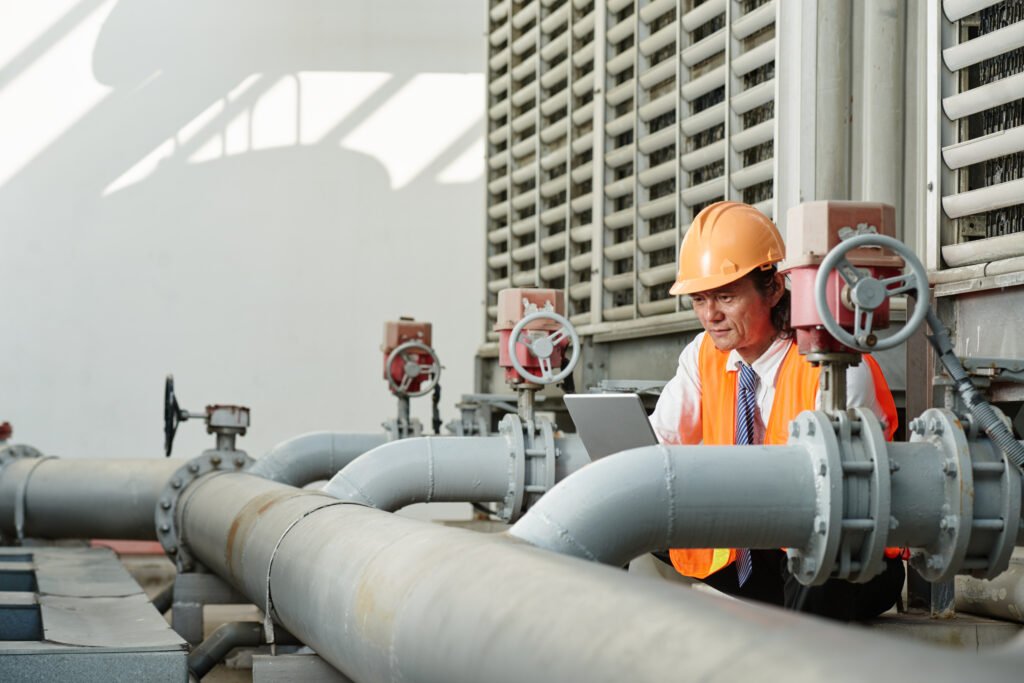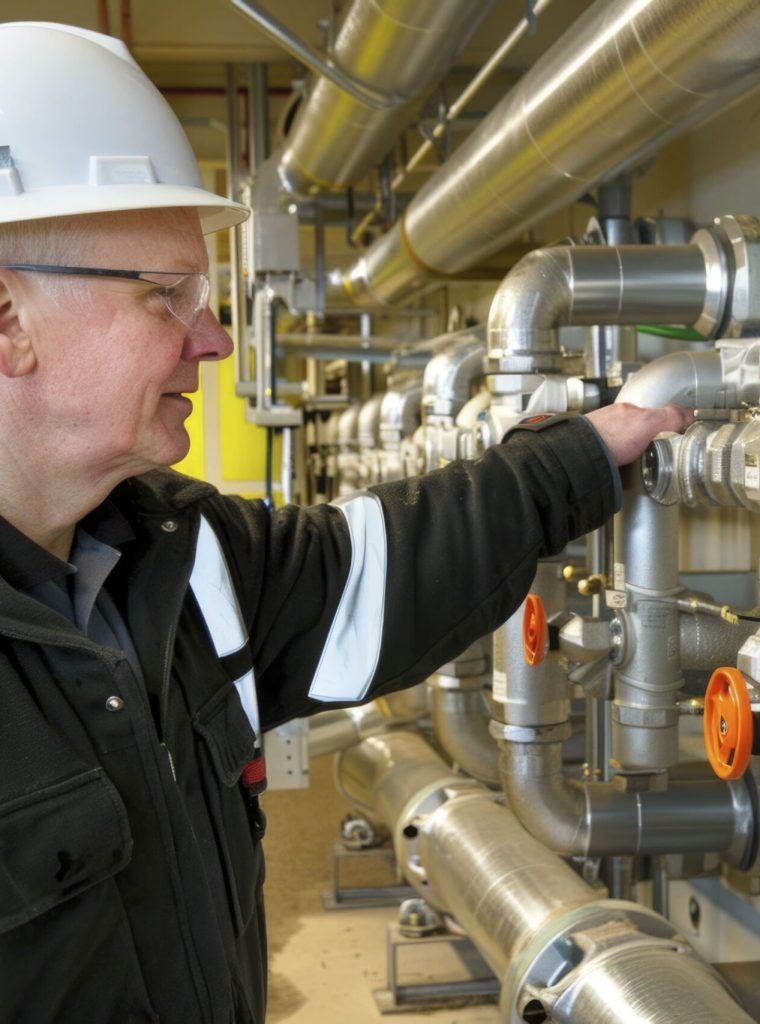Piping & pipeline engineering
Piping & pipeline engineering
A Piping and Pipeline Engineering course teaches the in-depth information and technical skills needed to design, build, maintain, and operate piping systems and pipelines in industries such as oil and gas, power plants, petrochemicals, and water supplies. Typical subjects covered in the course include fluid physics, stress analysis, material selection, pipeline integrity management, and piping design and layout. Additionally, participants learn how to use industry-standard programs including PDMS, CAESAR II, and AutoCAD.
Graduates of this program might investigate a variety of job options in industries where piping systems are essential. Project engineer, stress analyst, pipeline engineer, and piping engineer are among the job titles. These experts are in charge of making that pipeline systems are safe, effective, and compliant with industry standards such as ASME and API. Piping and pipeline engineers have fulfilling jobs with competitive pay and prospects for employment worldwide, thanks to the rising demand for energy and infrastructure.


FAQ
General Question
Whether you have questions regarding the equipment and technology used in training, the safety procedures stressed in the classroom, or the career options open to you once you graduate, this section offers clear, brief details to help you. Examine your responses to help you make wise choices and confidently begin your drilling career.
Individuals with a diploma or degree in mechanical, civil, or related engineering fields can enroll. The course is ideal for fresh graduates, experienced professionals looking to specialize, or those transitioning into piping and pipeline industries.
Many courses offer certifications in piping design, stress analysis, and software tools like AutoCAD, CAESAR II, or PDMS. Additionally, participants may gain knowledge aligned with standards like ASME B31.3 or API 570, enhancing their credentials.
Graduates can work as Piping Engineers, Pipeline Engineers, Stress Analysts, or Project Engineers in industries like oil and gas, power generation, chemical plants, and water systems. These roles involve designing, analysing, and maintaining critical piping systems, offering excellent career prospects globally.

